Understanding Music Promotion Services
What Are Music Promotion Services?
Music promotion services are specialized platforms and strategies designed to help artists distribute and market their music effectively. These services can range from playlist placements to social media marketing, PR campaigns, and digital distribution. The goal is to enhance visibility, attract more listeners, and ultimately increase sales or streams of an artist’s music. In a constantly evolving music landscape, utilizing music promotion services not only aids in reaching a wider audience but also ensures that artists can compete in an industry flooded with new talent.
Why Music Promotion Matters for Artists
In today’s digital age, merely creating great music is not enough to guarantee success. As millions of songs flood platforms daily, artists must proactively promote their music to stand out. Effective music promotion can lead to greater audience engagement, increased streaming numbers, and more opportunities for revenue through merchandise sales, performances, and royalties. Furthermore, promotional efforts help artists build a genuine connection with fans, fostering loyalty and a sustainable career.
Types of Music Promotion Services Available
Artists can choose from a variety of music promotion services based on their unique needs and goals. Some common types include:
- Social Media Marketing: Utilizing platforms like Instagram, TikTok, and Facebook to create buzz around new releases.
- Playlist Promotion: Getting songs added to popular playlists on streaming services like Spotify, Apple Music, or SoundCloud.
- Public Relations (PR): Engaging a PR firm to handle media relationships, press releases, and artist interviews.
- Digital Advertising: Running ads on various platforms to target specific demographics and increase visibility.
- Email Marketing: Building an email list to communicate directly with fans about new releases and upcoming shows.
Evaluating the Best Music Promotion Services
Criteria for Choosing a Music Promotion Service
Not all music promotion services are created equal. When evaluating options, artists should consider several critical factors:
- Reputation: Look for reviews and testimonials from other artists. A service’s track record can often provide insight into its effectiveness.
- Target Audience: Ensure that the service targets the specific demographic that aligns with the artist’s music genre and style.
- Service Offerings: Different services provide various types of promotions. Artists should choose according to what best suits their promotional strategy.
- Pricing: Understand the cost involved and what is included. Compare prices to find a service that offers good value without compromising quality.
- Results and Analytics: Look for services that provide measurable outcomes, such as streaming stats or audience engagement metrics.
Top Recommendations for Music Promotion Services
Given the competitive nature of music promotion, it is essential to utilize established platforms. Some of the highly recommended music promotion services include:
- Playlist Push: One of the leading services that connect artists with playlist curators on platforms like Spotify, helping enhance visibility significantly.
- Ditto Music: Provides comprehensive promotional packages, from digital distribution to marketing campaigns, specializing in artist branding.
- Groover: A platform where musicians can submit their tracks directly to blogs, labels, and playlists, creating a feedback loop that allows for iteration and improvement.
- Submithub: Allows artists to send their music directly to bloggers and curators, making it easier to get heard by the right people.
- Landr: This service combines distribution with marketing and promotion tools, supporting artists with social media content and ad campaigns.
Success Stories: Real Artists, Real Results
The true impact of music promotion services can be evidenced through case studies and success stories from various artists:
- Success via Playlist Push: Indie artist Stella showcased a remarkable increase in her streaming numbers after being featured on Spotify’s popular playlists through Playlist Push, leading to a 300% increase in monthly listeners.
- Growth with Ditto Music: Emerging band The Wild Ones utilized Ditto Music’s promotional tools to secure prominent features and interviews in music blogs, resulting in over 50,000 streams in just a week.
- Feedback with Groover: An indie singer-songwriter used Groover to connect with blogs and received valuable feedback that helped shape her music before releasing her first album.
Strategizing Your Music Promotion
Building a Music Promotion Plan
Creating a well-structured music promotion plan is crucial for maximizing the reach and impact of an artist’s efforts. Here are several steps to consider:
- Define Goals: Outline clear, actionable objectives, such as gaining followers, increasing streams, or booking live gigs.
- Identify Target Audience: Know who your music speaks to, their demographics, and where they spend their time online.
- Select Promotion Channels: Based on the audience, choose the most relevant channels: social media, email, streaming platforms, or press outreach.
- Set a Timeline: Create a schedule for promotional activities, accounting for release dates and key events.
- Monitor Progress: Regularly review the effectiveness of promotional efforts, adjusting strategies where necessary based on data and insights.
Integrating Social Media in Your Promotion Strategy
Social media platforms serve as powerful tools for music promotion, enabling direct interaction with fans. Artists should focus on:
- Consistent Posting: Regularly share updates, behind-the-scenes content, and teasers for releases to keep the audience engaged.
- Interactive Engagement: Use polls, Q&As, and live streams to involve fans in the promotional process, fostering a sense of community.
- Utilizing Hashtags: Leverage popular and genre-specific hashtags to reach wider audiences and increase discoverability.
- Collaborations with Influencers: Partnering with social media influencers can provide access to new fan bases and enhance credibility.
Utilizing Playlists and Streaming Platforms
Streaming platforms like Spotify, Apple Music, and SoundCloud are critical for modern music distribution. Leveraging playlists is one of the most effective ways to increase listens:
- Research Playlists: Identify playlists that fit your genre and style, ensuring the audience aligns with your target listeners.
- Pitch Your Music: Utilize platforms like SubmitHub and Playlist Push to submit your tracks to curators who can feature your songs.
- Create Your Own Playlists: Curate playlists that include your music along with similar artists’ tracks, helping to create connections within the industry.
- Analyze Listenership: Study analytics provided by these platforms to understand listener behavior and adjust your promotional tactics accordingly.
Measuring Success in Music Promotion
Key Performance Indicators to Track
After implementing a promotional strategy, it’s vital to evaluate its effectiveness by tracking various metrics:
- Stream Count: Monitor the number of streams on platforms like Spotify or Apple Music to track audience growth.
- Follower Growth: Assess changes in social media or streaming platform followers after promotional campaigns.
- Engagement Rates: Evaluate likes, shares, and comments on social media posts to gauge audience interaction.
- Sales Metrics: Track merchandise and album sales to measure the financial impact of promotional efforts.
- Website Traffic: Analyze the increase in visits or engagement on an artist’s official website or merch store.
Analyzing Audience Engagement and Reach
Understanding how fans engage with your music provides insights into what resonates best with them. Use tools like:
- Social Media Insights: Use engagement analytics provided by platforms to understand which types of content perform best.
- Streaming Analytics: Services like Spotify for Artists provide data on how listeners find your music and what demographic they represent.
- Fan Surveys: Conduct surveys to gather direct feedback from fans regarding their liking and suggestions for future promotions.
Adapting Strategies Based on Feedback
After evaluating data and feedback, making necessary adjustments is crucial to improve future promotions. This might include:
- Tweaking Messaging: Modify promotional messages based on what resonates most with the audience.
- Revisiting Channels: If certain channels yield better results, focus more on those, reducing resources on less effective ones.
- Testing New Ideas: Remain creative and open to experimenting with new strategies such as different types of content or partnerships.
The Future of Music Promotion Services
Emerging Trends in Music Promotion
As the music industry continues to evolve, several trends are emerging in music promotion:
- Increased Use of AI: Artificial intelligence tools are being used to analyze music trends and optimize advertising strategies effectively.
- Personalized Marketing: Tailoring promotions to individual listener preferences using data analytics for a more targeted approach.
- Video Content Dominance: Short-form video platforms like TikTok are becoming essential for music promotion, especially for reaching younger audiences.
- Collaborative Marketing: Artists are increasingly teaming up for joint promotions, allowing each to tap into the other’s fan base.
Impact of Technology on Music Marketing
The influence of technology on music marketing is undeniable. Innovations in digital tools and platforms are paving the way for musicians:
- Streaming Platforms: The rise of streaming services has fundamentally altered how music is consumed, requiring new marketing strategies.
- Data Analytics: Advanced analytics tools have made it easier for artists to track performance metrics and adapt strategies in real time.
- Virtual Reality (VR) and Augmented Reality (AR): Artists can use VR and AR for engaging concert experiences or promotional events that capture audience attention.
Preparing for Changes in the Music Industry Landscape
To stay successful, artists must remain adaptable and open to changes in the industry. Continuous learning and experimenting with novel strategies will be crucial. Embracing the evolution in technology, understanding consumer behavior, and maintaining an innovative mindset will ensure that artists not only stay relevant but thrive in the competitive environment of music promotion services.
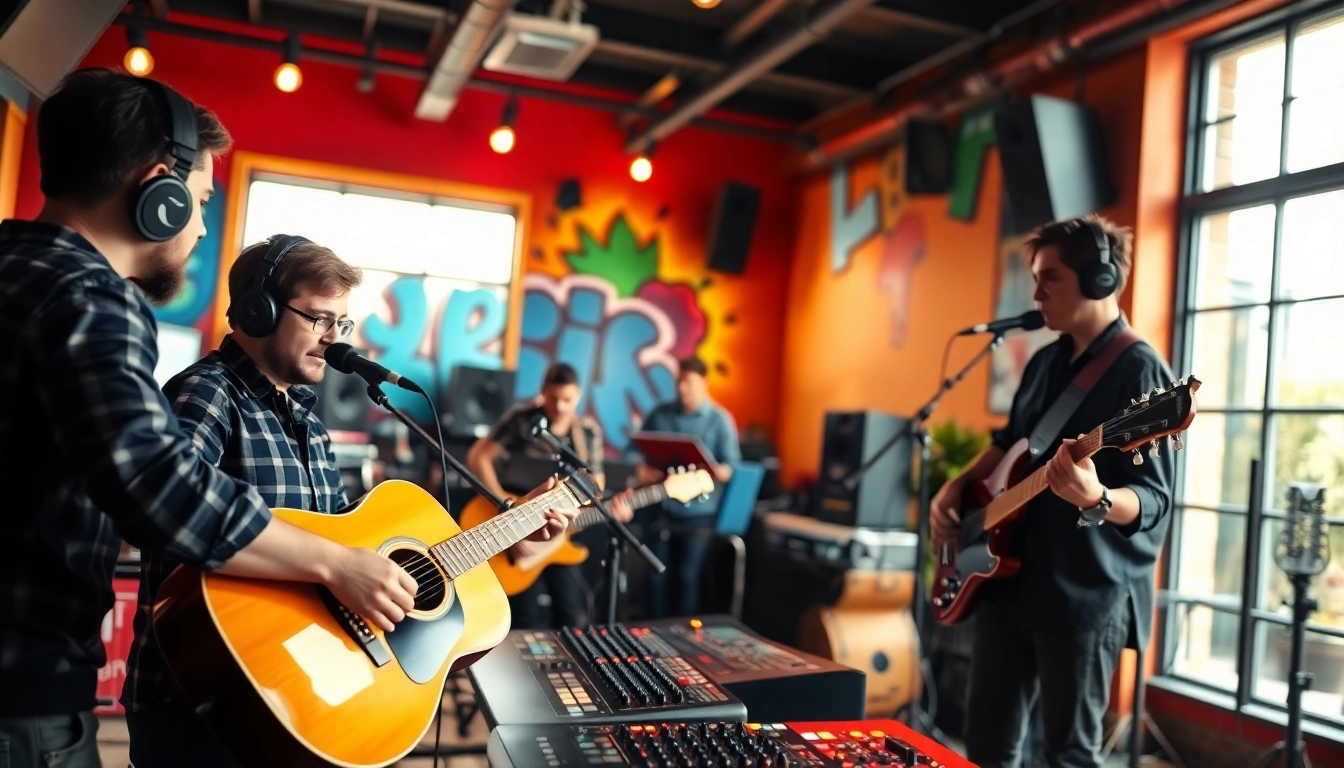
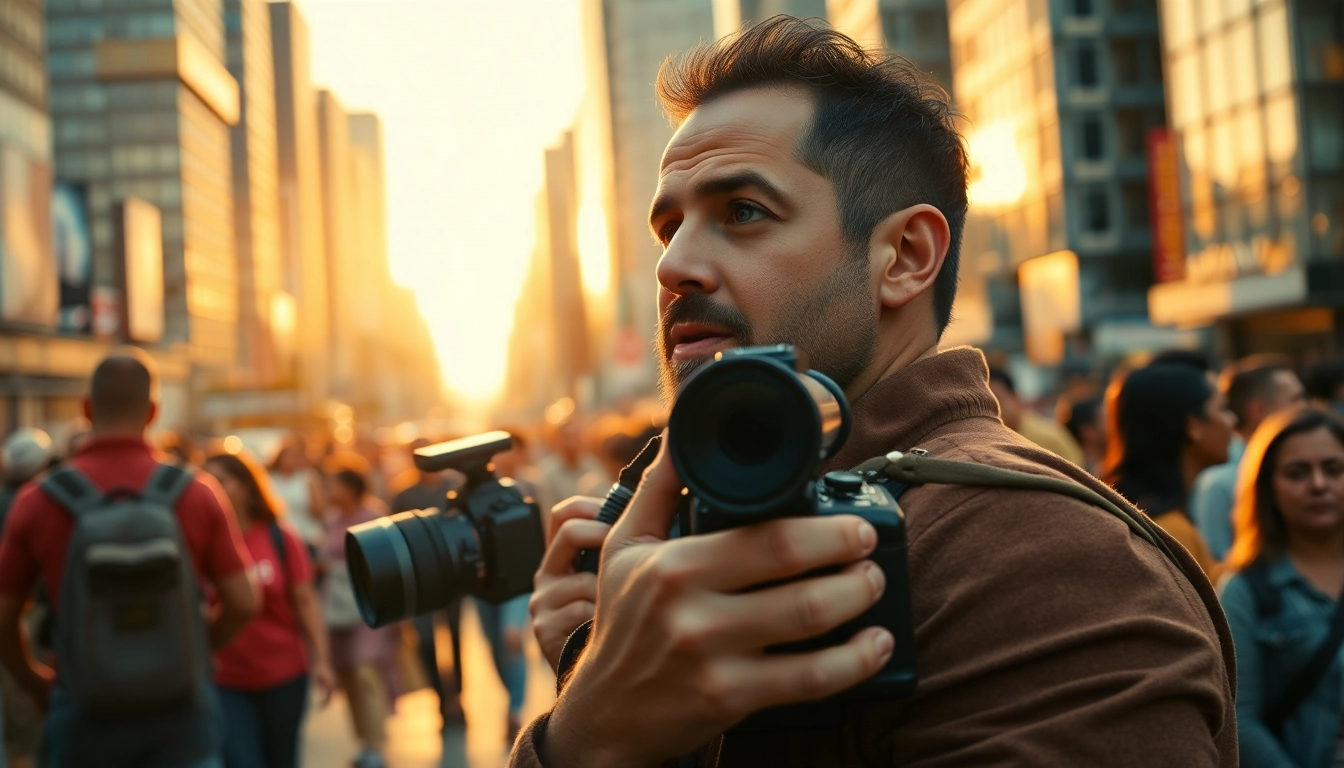


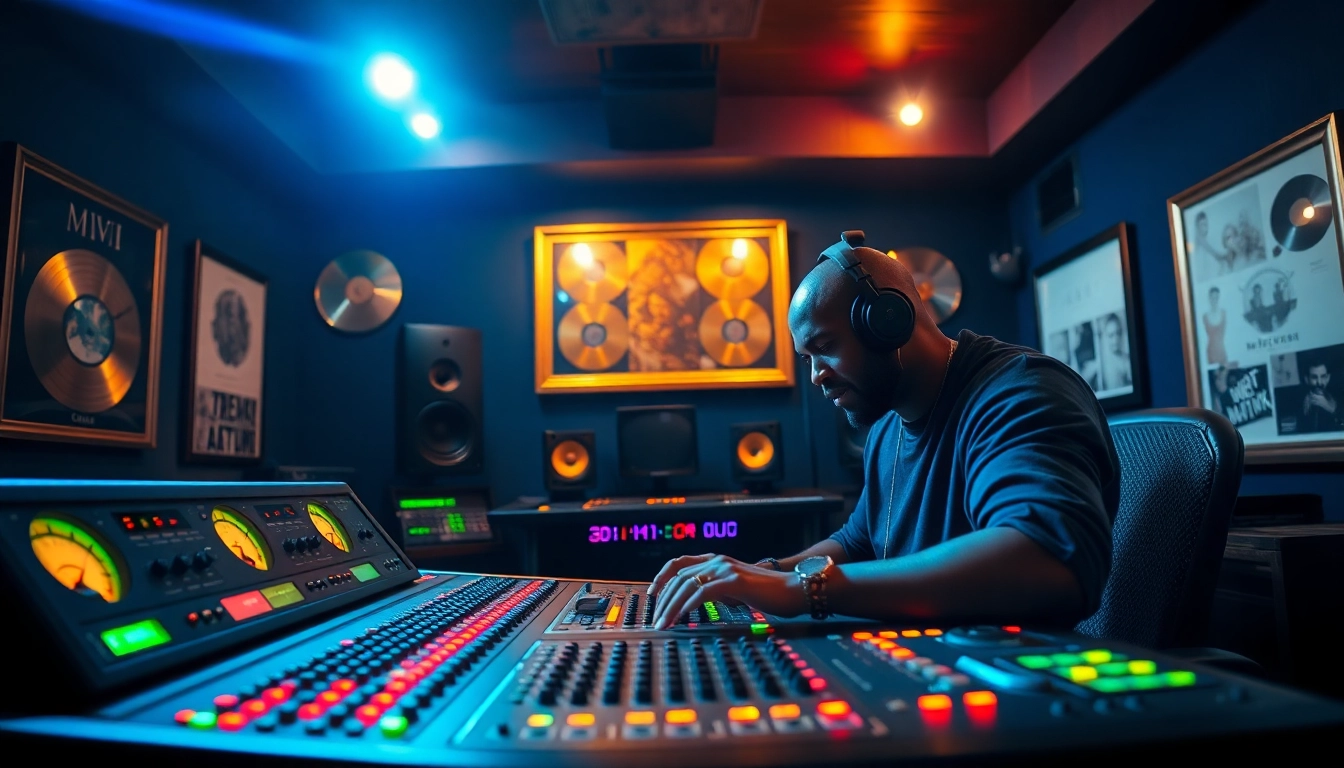
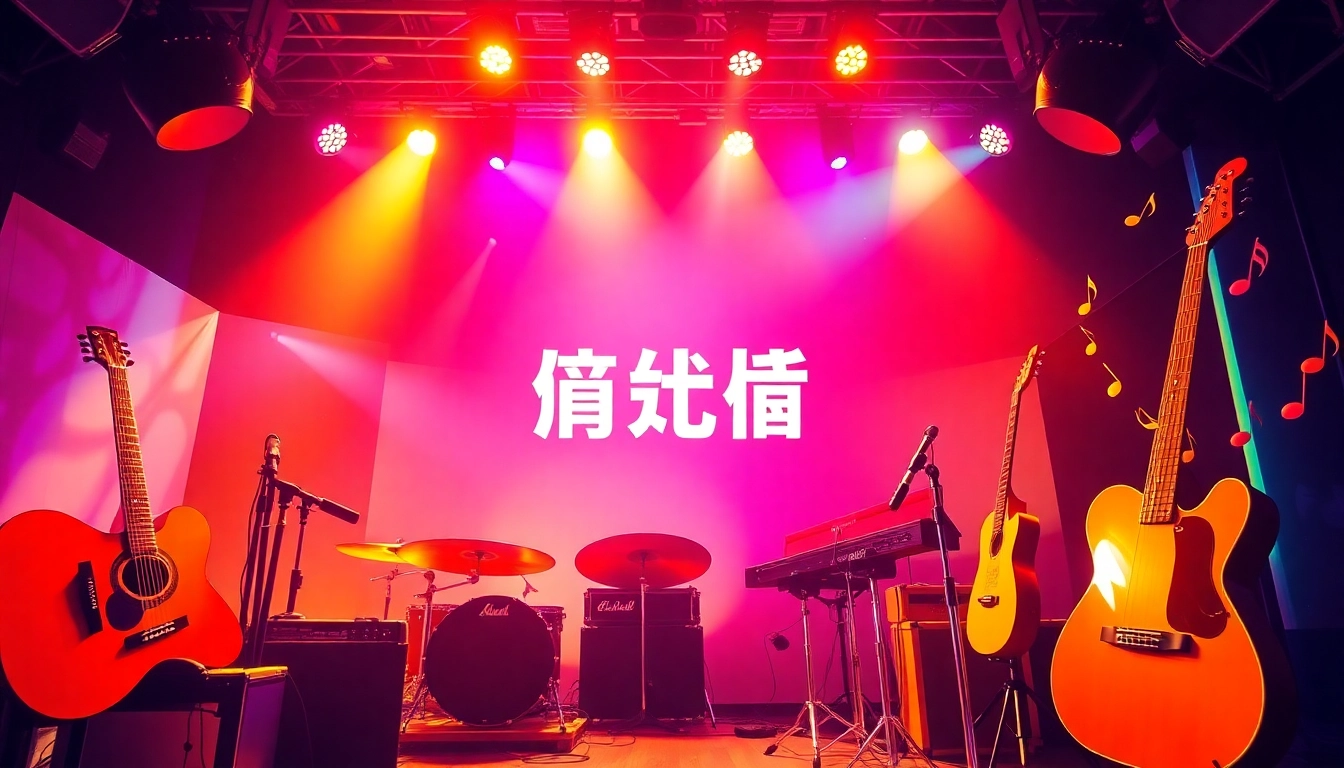
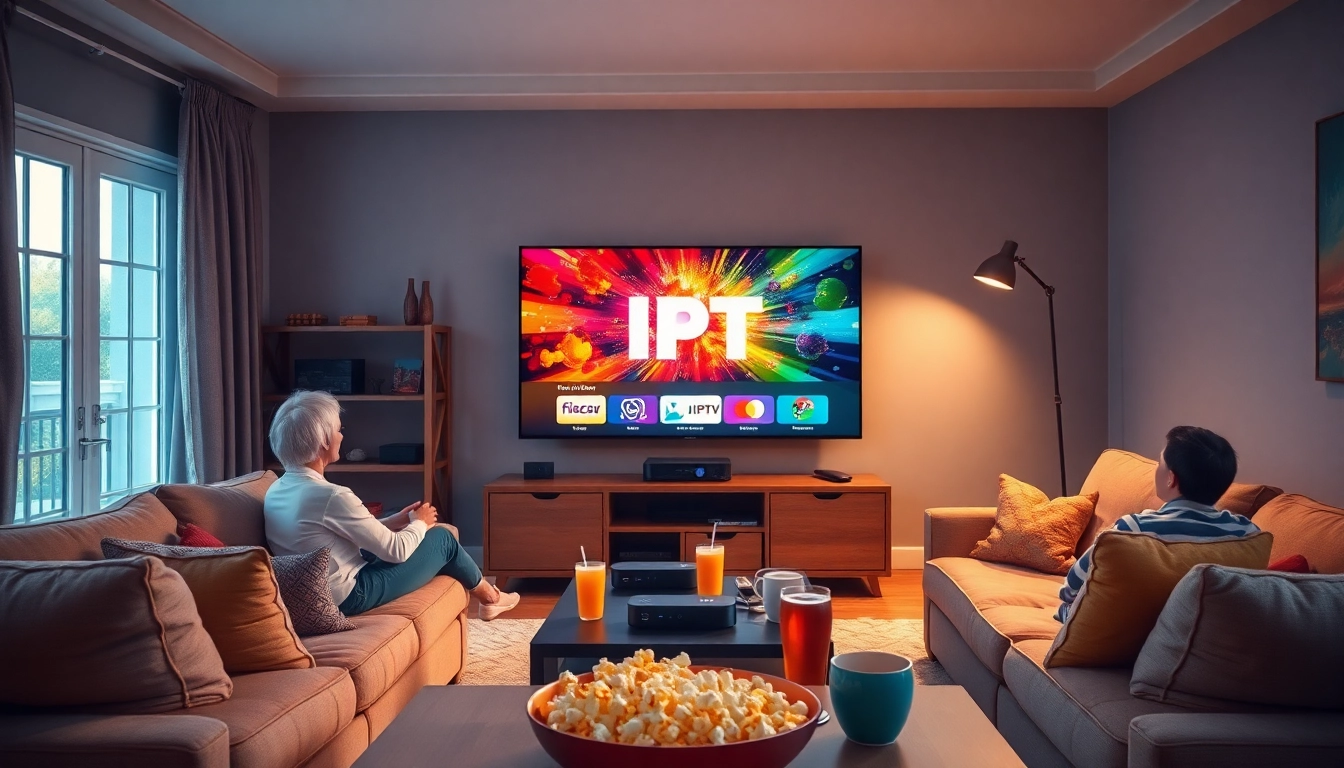
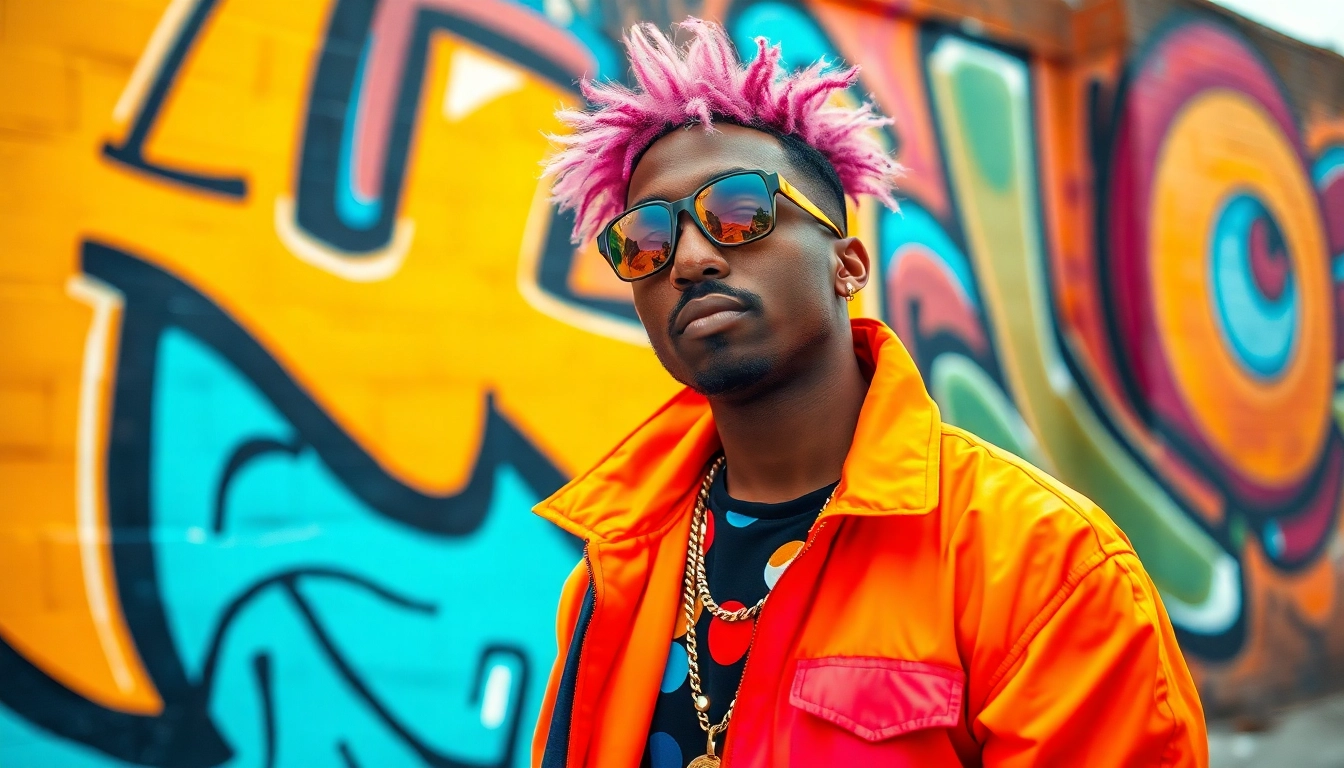
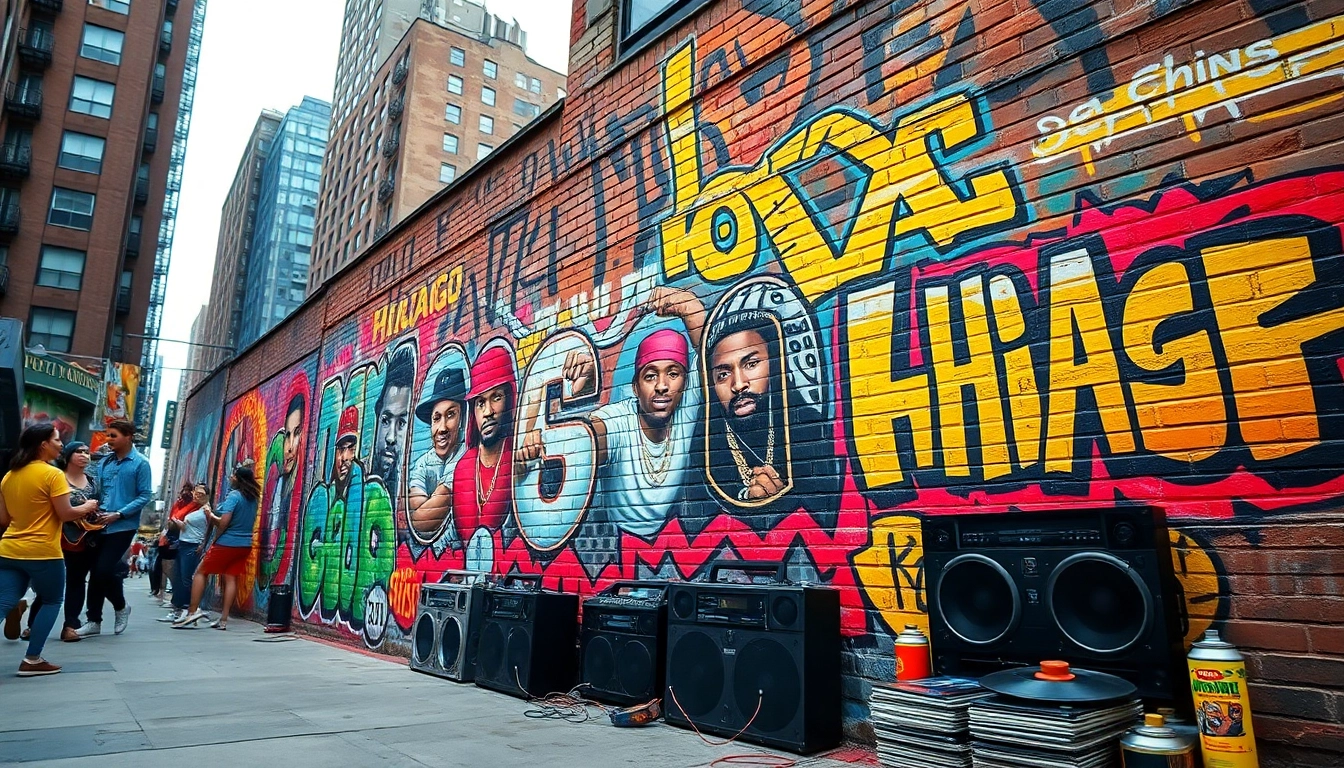

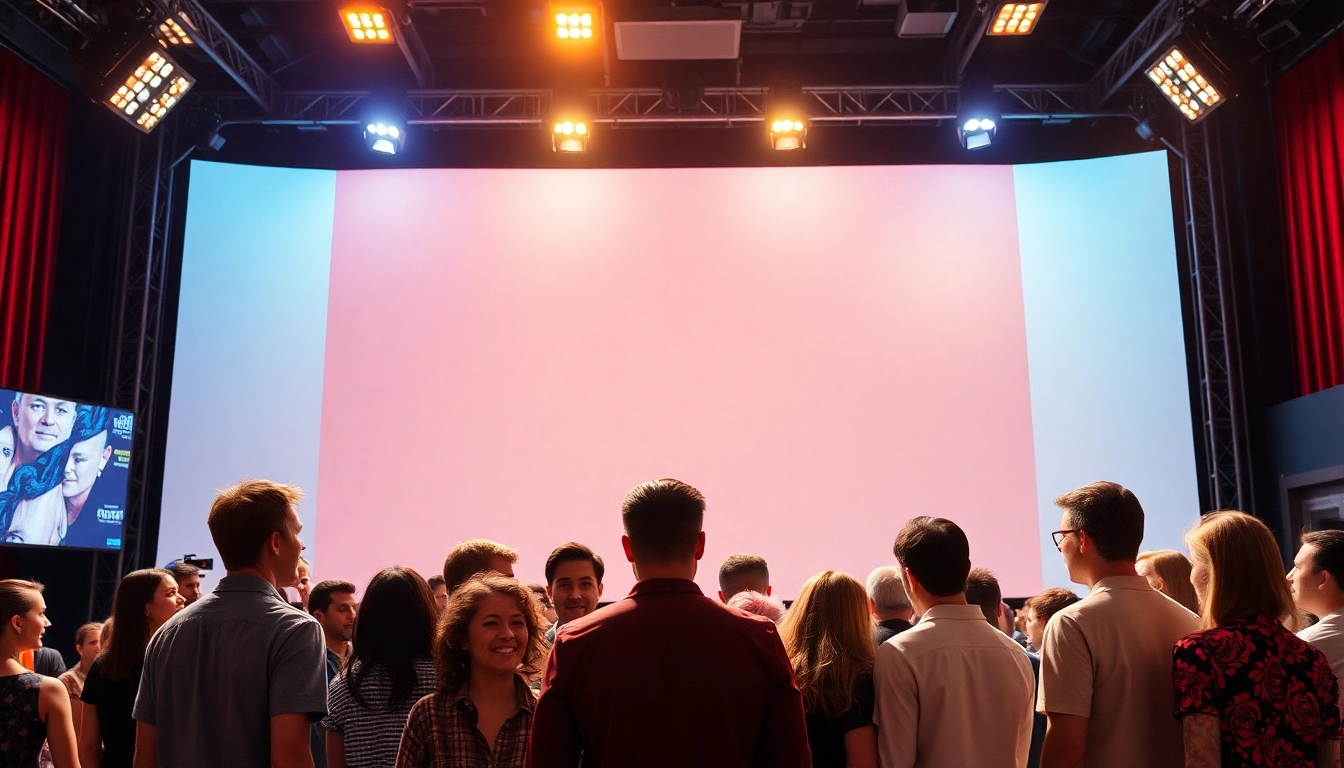
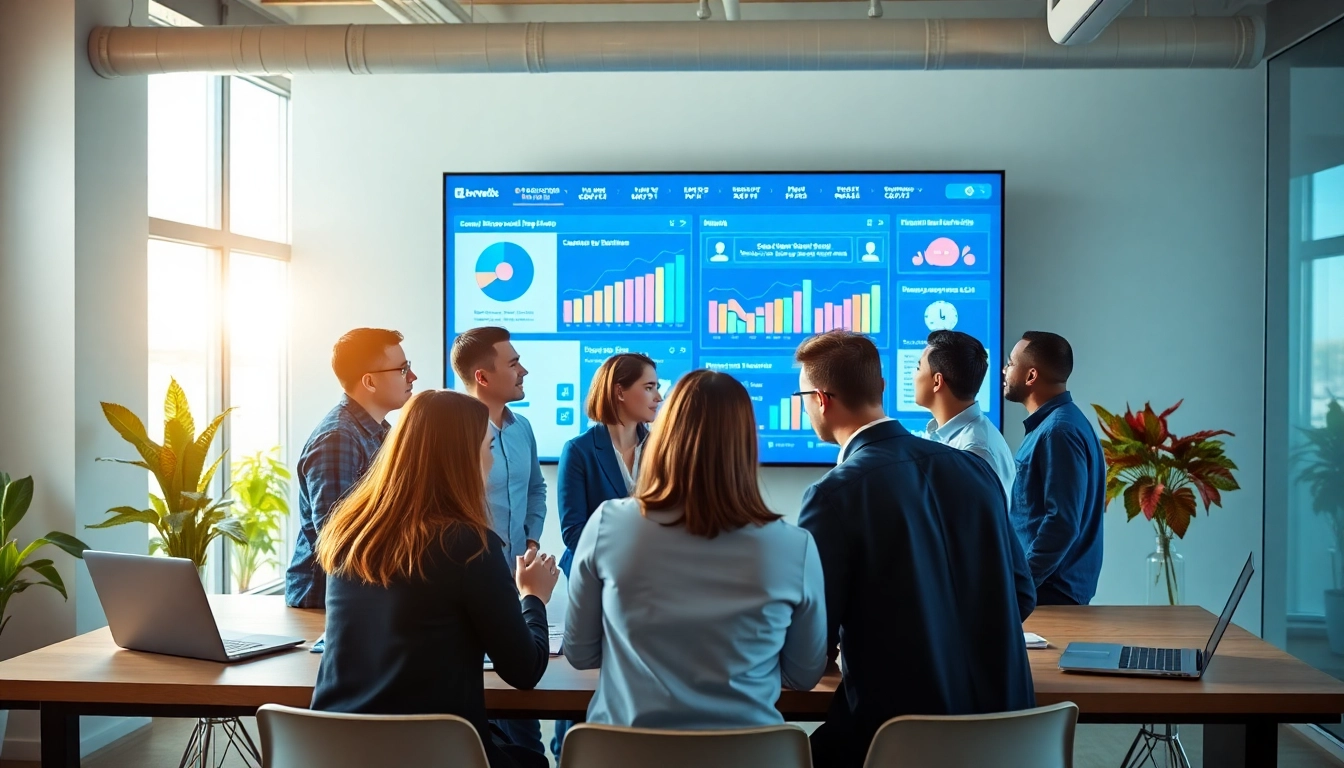


Leave a Reply